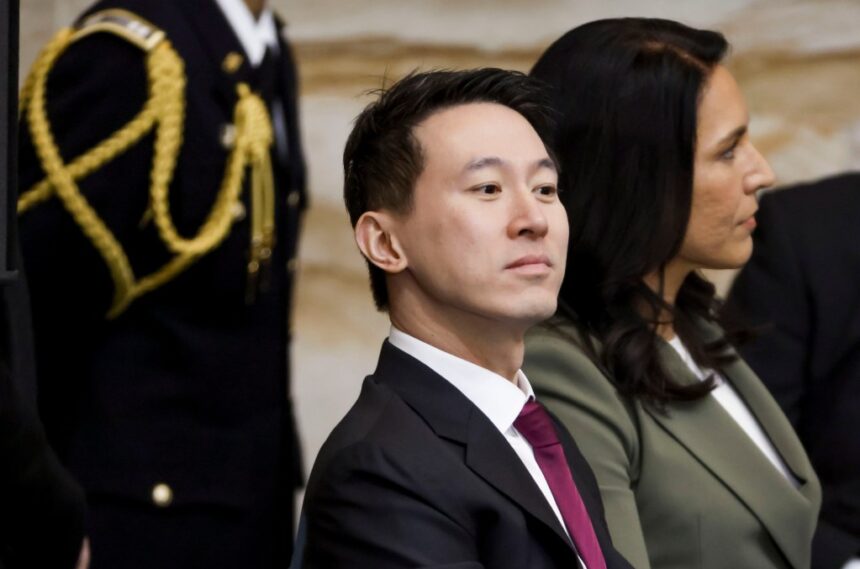As Canadian lawmakers inch closer to potentially banning TikTok, the platform’s CEO Shou Zi Chew has urgently requested a meeting with François-Philippe Champagne, Canada’s Minister of Innovation, Science and Industry. This eleventh-hour diplomatic push comes as Ottawa signals its readiness to follow American legislators in restricting the Chinese-owned social media giant from operating within national borders.
The request for emergency talks highlights the growing tension between TikTok’s parent company ByteDance and Western governments increasingly concerned about data security and foreign influence. According to sources close to the discussions, Chew is seeking to present alternative solutions that would address Canadian security concerns while preserving the platform’s presence in a market with over 10 million active users.
“This represents a critical moment for digital policy in Canada,” notes technology analyst Mariam Khouri. “The government is balancing legitimate national security concerns against the economic and cultural impact of restricting a platform that has become deeply integrated into Canadian creative industries.”
TikTok has become an essential promotional tool for Canadian musicians and entertainment companies. The platform’s music discovery features have launched careers and revitalized catalog tracks, creating a symbiotic relationship between TikTok and the Canadian music industry that would be severely disrupted by a ban.
Industry insiders report that Canadian music labels and publishers are privately lobbying against severe restrictions. “For emerging Canadian artists, TikTok represents one of the few democratic pathways to building an audience without major label support,” explained Toronto-based music promoter Daniel Levitin. “Removing this channel would disproportionately harm independent Canadian creators.”
The potential ban follows the passage of the U.S. TikTok divestiture bill, which gives ByteDance until January 19, 2025, to sell TikTok or face a nationwide ban. President Biden signed the legislation in April, citing national security concerns about Chinese government access to American user data.
ByteDance has consistently denied sharing data with Chinese authorities and has implemented data localization measures in several countries. For Canada, the company has proposed creating a separate data storage system housed entirely within Canadian borders and subject to rigorous third-party auditing—a solution they hope will satisfy Ottawa’s security requirements.
Minister Champagne’s office has acknowledged receiving the meeting request but has not yet confirmed whether talks will proceed. A spokesperson noted that “all options remain under consideration” regarding TikTok’s future in Canada.
Canadian security experts remain divided on the necessity of a full ban. “The question isn’t whether there are legitimate security concerns—there clearly are,” says cybersecurity specialist Jennifer Robertson. “The question is whether those concerns can be addressed through enhanced regulation and oversight rather than prohibition.”
Should Canada implement restrictions similar to those pending in the United States, it would represent another significant market closure for ByteDance, potentially triggering a domino effect among other Western allies considering similar measures.
As this situation unfolds, Canadians are left wondering: in an increasingly fractured digital world, will national security concerns permanently reshape our social media landscape, or can innovative regulatory frameworks balance security needs with the digital platforms that have become integral to modern cultural expression?

























